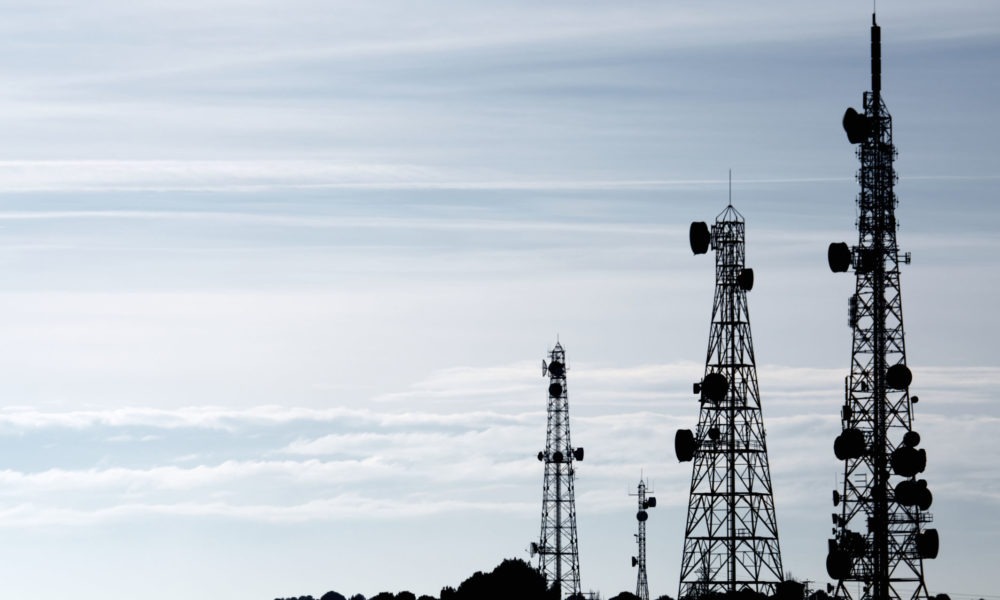Telecommunications
Telecoms Suffer as Cost of Powering Base Stations Rises by 55%

The cost of powering base stations for telecommunication services has increased by 55% year-on-year in Nigeria, causing major challenges for the industry.
According to the National Bureau of Statistics, the cost of diesel rose to N836.81 per litre in March 2023 from N539.32 per litre in the corresponding period of 2022.
This has resulted in a significant increase in the monthly cost of powering base stations to N33.47bn in March 2023 from N21.57bn in March 2022. At this rate, the cost of operating base stations is expected to exceed N401.67bn by year-end.
The telecommunication industry is estimated to use at least 40 million litres of diesel per month to power telecom sites, with each base station having two diesel-powered generators. Telecom service providers are the highest users of diesel in the country.
The Head of Operations for the Association of Licensed Telecoms Operators of Nigeria, Gbolahan Awonuga, explained that the rising cost of diesel is negatively affecting telecom service providers.
He stated that power is key, and it determines everything. Despite an increase in virtually the price of everything in the economy, telecom tariffs remain the same.
Revenue has reduced, and prices of other inputs have changed, but tariffs are still the same. Awonuga argued that the estimated 40 million litres of diesel per month have since grown, and the quantity has not decreased.
Telcos’ attempts to shift to new sources of power have been met with its challenges, including the destruction of solar panels in some villages where they have been installed.
The cost of diesel accounted for about 35% of the operating expenses for ALTON members. In 2022, telcos under the aegis of ALTON proposed a 40% hike in the cost of telecom services due to the hike in diesel prices. However, this proposal was not approved.
The increase in diesel prices and other macroeconomic indices is impacting telcos negatively. The industry is suffering, and the only reason why it doesn’t appear that they are going through tough times is because of the volume.
The Nigerian government needs to provide support to the industry, given the significant impact of high energy costs on its operations.